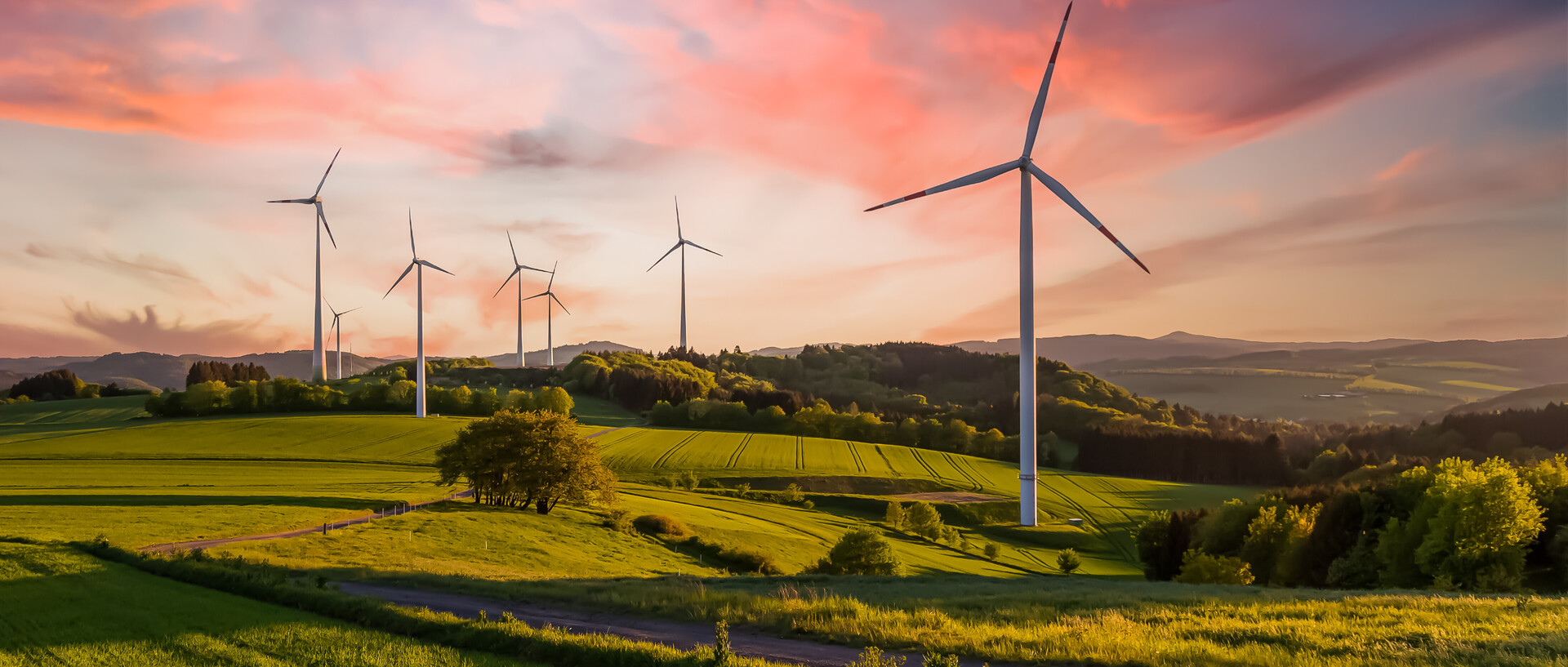Mission
A decarbonized energy future
The Mannheim Institute for Sustainable Energy Studies (MISES) examines the challenges and innovation opportunities that emerge from the transition to a decarbonized energy future. A particular focus of studies conducted by the MISES is the cost associated with alternative decarbonization strategies. Our portfolio of research projects covers the major CO2 emitting segments of the economy: power generation, transport and industrial processes.
Incentives for lower CO2 emissions
There is a global consensus emerging that the world’s economies need to transition to decarbonized energy sources. It remains an open question, though, whether this transition can be achieved in the time left to avert the most harmful consequences of global warming due to increased CO2 concentrations. Neither is it clear how different pathways to decarbonization compare in terms of economic benefits and costs. Research at the MISES is focused on how the transition to a decarbonized energy future can be accelerated. The common perspective underlying the projects of Prof. Stefan Reichelstein and his team is that they examine the economic conditions under which clean energy solutions can gain acceptance in the marketplace. Specifically, market participants must have sufficient incentives to make the requisite investments in infrastructure and process technologies that result in lower CO2 emissions.
Research themes at Mannheim Institute for Sustainable Energy Studies
The following topics comprise current research themes at MISES:
1. At what rate is the cost of generating clean power declining over time and how is that cost trajectory affected by alternative policy mechanisms?
2. What are the prospects of integrating an increasing volume of intermittent renewable energy into electric power systems around the world?
3. How economical is energy storage, including both battery- and chemical storage, in achieving the integration of renewable energy sources?
4. What are the economic prospects for electric vehicles and what synergies emerge at the interface of electric mobility and the electric grid?
5. How effective will advances in digital technology be in creating a more flexible and decarbonized power grid? To what extent will digitalization accelerate the transition to electric vehicles?
6. What are the industrial organization implications of the clean energy transition for incumbent firms in the energy- and automotive industries? What are the implications for regulators?
7. What combination of technological improvements and accommodating policies will enable the formation of markets in which carbon dioxide is recycled and traded as a resource for further industrial use?
To facilitate an ongoing dialogue on these topics with external researchers and policymakers, our research team reaches out to partners and affiliates with publications and events hosted by MISES.

